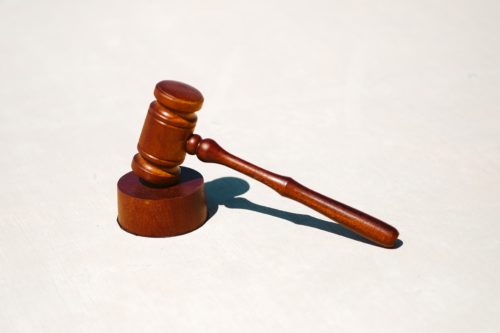
When it comes to estate planning, many people wonder what happens to their money when they die. Read on to learn more.
What is a Will?
A will is one of the most important documents you can create when it comes to the estate planning process. A will is a legal document that allows you to declare what should happen to your assets in the event of your passing. Some of the assets you may include in your will are real estate, bank accounts, securities, and items of personality. You can also include gifts for your friends and family members, be it a letter you’ve written, or a favorite photograph. An executor will then be in charge of making sure these assets go where they are supposed to.
What is an Executor?
Executors have a significant role when it comes to handling an estate. Generally, executors are responsible for managing all of your assets and your estate as a whole. Your executor will first have to bring your last will and testament to the surrogate court. Once the probate process begins and your will is deemed valid, your executor will then have to handle any financial obligations of your estate. Typically, this involves making outstanding payments or taxes, usually with the help of an experienced attorney. Your executor will also distribute all the assets within your estate to their corresponding beneficiaries. If a beneficiary contests your will’s validity, your executor is in charge of resolving these issues. The role of executor is a large responsibility, so it is important to choose someone you trust.
What is a Trust?
Another way to declare where your assets should go is by creating a trust. A trust is a legal document that is used to manage certain assets.
The two main types of trusts available include:
- Revocable Living Trusts: can be altered and revoked by the trustor at any point, for any reason
- Irrevocable Trusts: can only be modified with permission from the beneficiary
If you have any questions or concerns about what happens to your money once you die, reach out to an experienced estate planning attorney. We are here to walk you through the estate planning process and ensure that your wishes are properly executed.
Contact our Firm
Sometimes, divorce, family, and estate matters are difficult to navigate. Fortunately, they do not have to be with the assistance of a compassionate, knowledgeable attorney who is willing to guide you every step of the way. If you need a seasoned firm to help you with any divorce, family or estate-related matter, please do not hesitate to contact Collis, Griffor & Hendra today to schedule a consultation.
